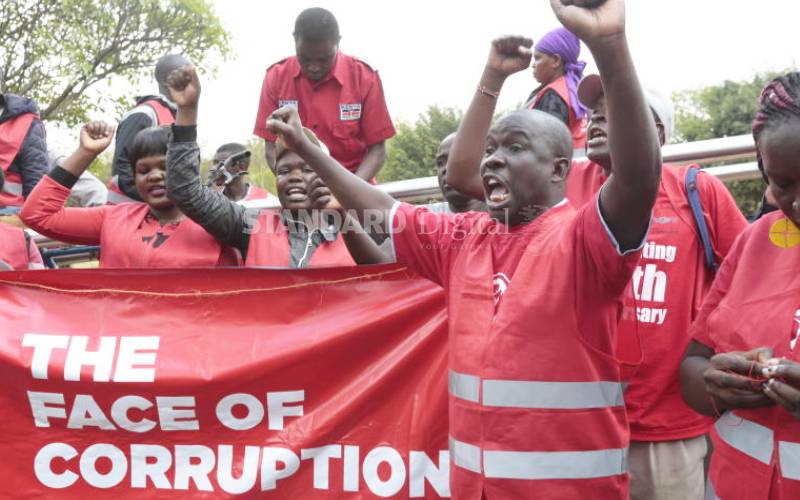×
The Standard e-Paper
Join Thousands Daily

A worshipper who watched the Kenya Conference of Catholic Bishops launch an anti-corruption campaign on television confronted me with a number of questions regarding the campaign. One was outstanding.